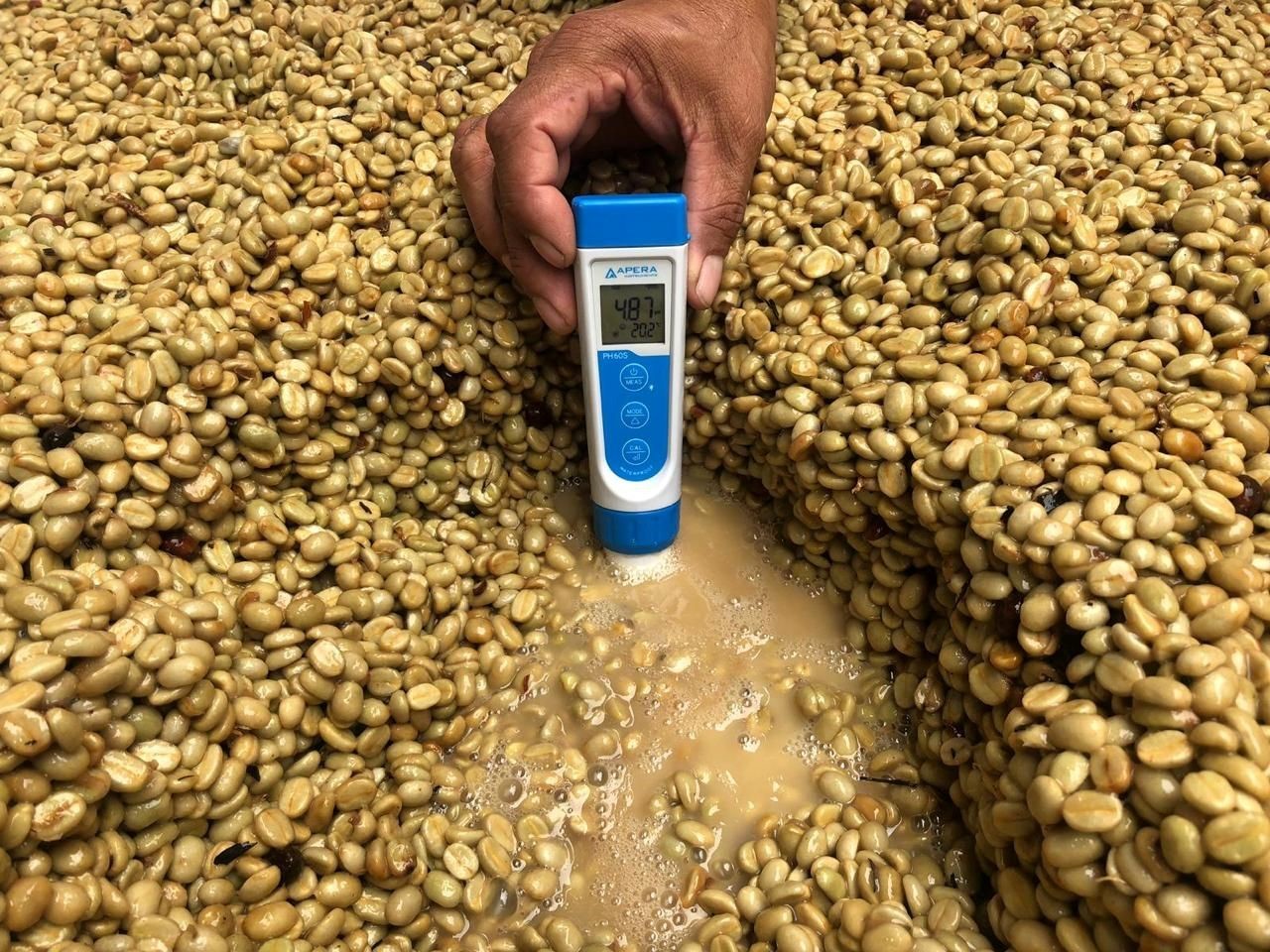Fermentation time plays a critical role in coffee processing, particularly in the washed (wet) method. Here’s how it influences the final flavor profile and quality of the coffee:
1. Flavor Development
- Short Fermentation:
- If the fermentation time is too short, the mucilage (the sticky substance surrounding the coffee bean) may not fully break down. This can lead to a less clean cup with undesirable flavors such as excessive acidity or a lack of complexity.
- Optimal Fermentation:
- When fermentation is appropriately timed, it allows for the complete breakdown of mucilage without over-fermenting the beans. This results in a clean, bright cup with pronounced flavors that reflect the coffee’s origin.
- Long Fermentation:
- Extended fermentation can introduce unique flavors and complexity, sometimes resulting in fruity or wine-like notes. However, if overdone, it can lead to off-flavors, such as overly sour or fermented tastes.
2. Variability by Region
- Different coffee-growing regions may have varying fermentation times based on climate, altitude, and humidity. For example, higher altitudes might allow for slower fermentation, which can enhance flavor complexity.
3. Impact on Acidity and Body
- Acidity:
- Optimal fermentation promotes balanced acidity. A well-fermented coffee will have bright acidity that is pleasant and lively, while insufficient fermentation can lead to harsh or overly acidic profiles.
- Body:
- The fermentation process can also affect the mouthfeel. Proper fermentation can enhance the body of the coffee, making it feel fuller and richer.
4. Consistency
- Consistent fermentation time is crucial for producing high-quality coffee. Variations in time can lead to inconsistencies in flavor, which can affect overall quality and marketability.
5. Microbial Influence
- The types of microbes present during fermentation also play a role. Different microbial activities can produce various by-products that influence flavor. For example, lactic acid bacteria can contribute to sweeter, creamier flavors.
Conclusion
In summary, fermentation time is a crucial factor in coffee processing that affects flavor, acidity, body, and overall quality. Careful monitoring and control of fermentation can lead to exceptional coffee that highlights the unique characteristics of its origin. Properly managed fermentation contributes to the complexity and richness of the final product, making it a vital aspect of coffee production.


No responses yet